Designer Evan Kinori on Buying Clothes, Feeling Good, and Reevaluating Our Priorities
“I scramble,” says Evan Kinori, speaking about the lead-up to launching a new collection. “Four weeks with no day off.” The San Francisco-based designer makes most of his clothing in California. He produces his pieces in small-batch runs, numbered by hand, that sell fast and never reappear. If all goes well, most of it sells out within a few days. “People act like it’s Supreme,” Kinori says with a chuckle, knowing that what he makes couldn’t be more different in both aesthetic and ethos (although he is a good skateboarder). But the funky feeling you get when you buy something new and cool, whether it’s a logo tee or a tweed jacket, is a powerful thing—even in times like these.
Kinori announced that his new collection would soon be available on his website and at his by-appointment studio via Instagram last week, on Wednesday—the same day that the COVID-19 pandemic became real for most of us. Within hours of his teaser going up, Trump had banned travel from Europe, NBA commissioner Adam Silver suspended the basketball season, and Tom Hanks and his wife Rita announced from Australia that they tested positive for the virus.

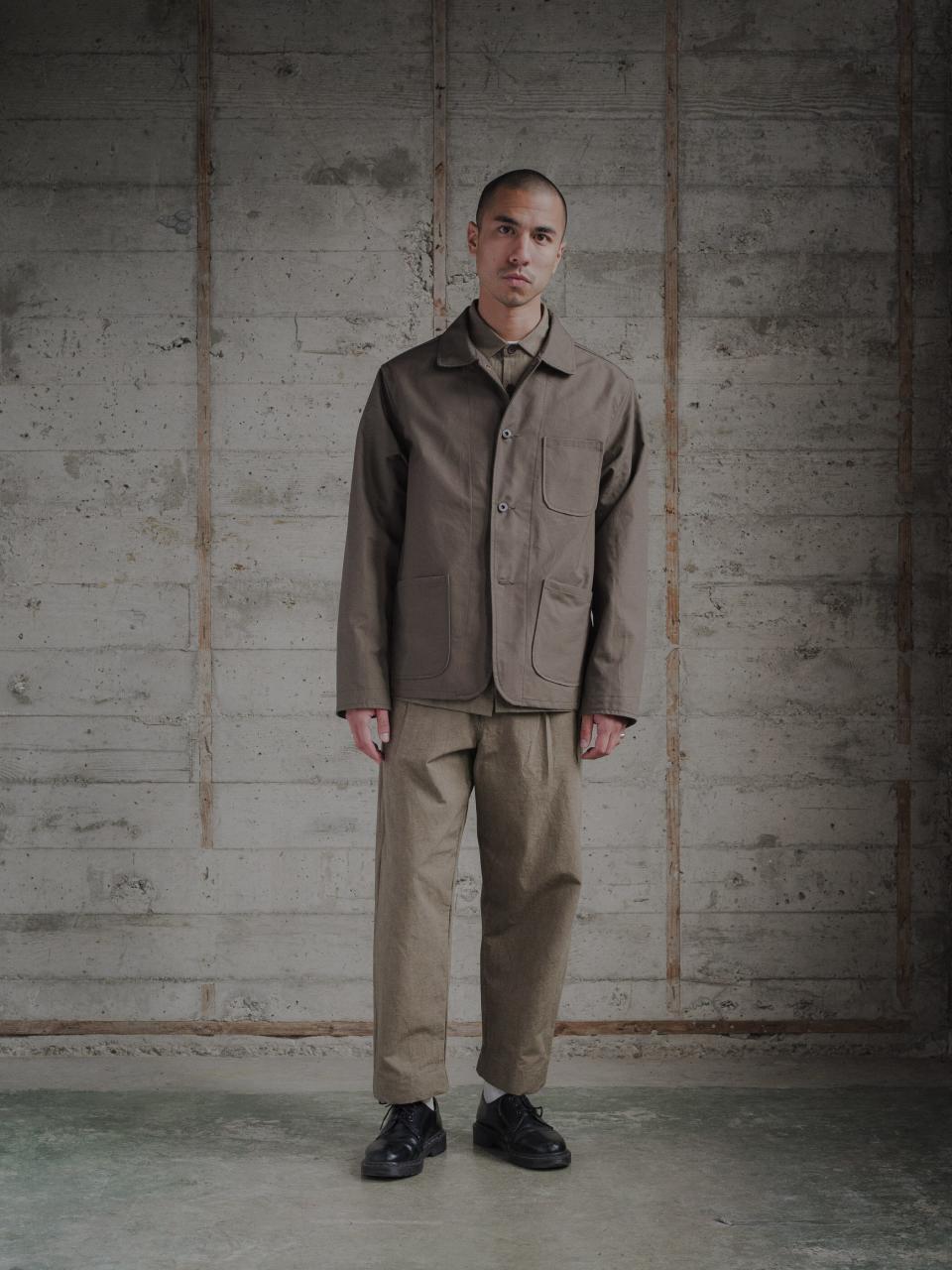
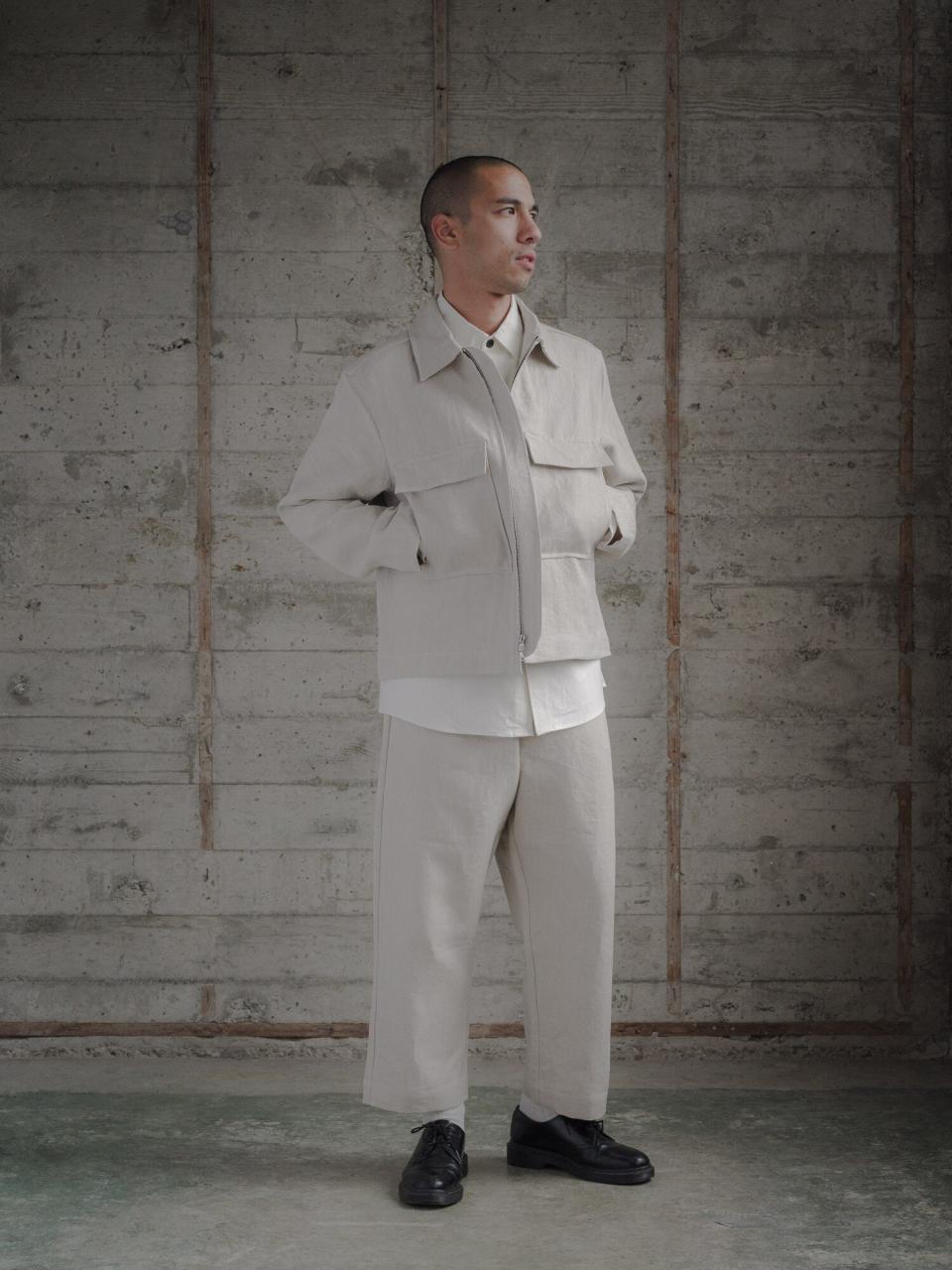
On Friday I texted him a link to the news that Patagonia was closing all of its stores and shutting down its website. It was one of the first global brands to make such a drastic move. Admittedly, my message was a bit rude and poorly timed. “What do you want me to do?” he replied, “Not to release tomorrow? I can’t afford that.”
That wasn’t what I wanted at all. In fact, I’d been haranguing Kinori for weeks to get his site live so that he could hurry up and ship out my order. His clothes are one of the few extravagances that I indulge in abundantly and without shame. And with mounting anxiety and uncertainty in the face of a globe-ravaging virus, I was craving a replenishment of artisanally-crafted two-pocket shirts and wide-leg pants as a temporary antidote.
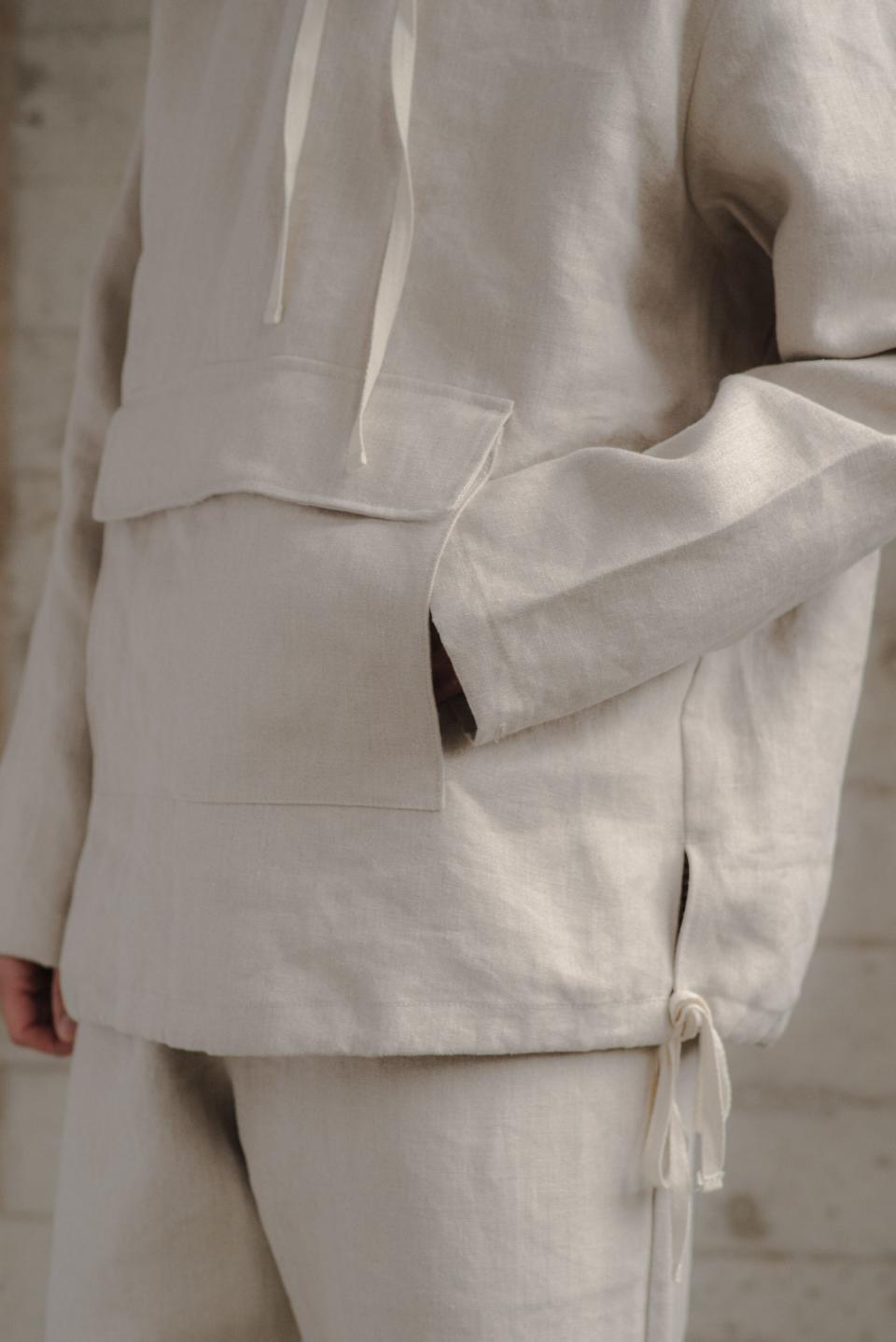
But I was also worried for him. Making clothes the Evan Kinori way—slowly, in small quantities with fabrics woven in distant Japanese prefectures—isn’t cheap. Producing small quantities drives costs up further. Shirts start at $315 and pants at $365, and go up from there. Production began months ago, so whether or not people want to be sold things right now, Kinori is already all in for the season, as are most small business owners in his position. He’s based in San Francisco, and a large part of his clientele works in tech. Would those customers care about the amazing yarn-dyed basket-weave slub cotton Kinori sourced from Shizuoka this season? Or had they already headed for their bunkers?
I hit Kinori over FaceTime after the launch to see how it went. His answer: “Crazy. And I’m saying that with a great deal of hubris right before my city gets shut down.” His Spring/Summer collections are smaller and less expensive, and guys buy less those seasons, but when it all shakes out, COVID-be-damned, this may still be his best first week since he started. It usually is. Kinori wouldn’t reveal too much, but many sizes now appear as “(sold out)” on his site.
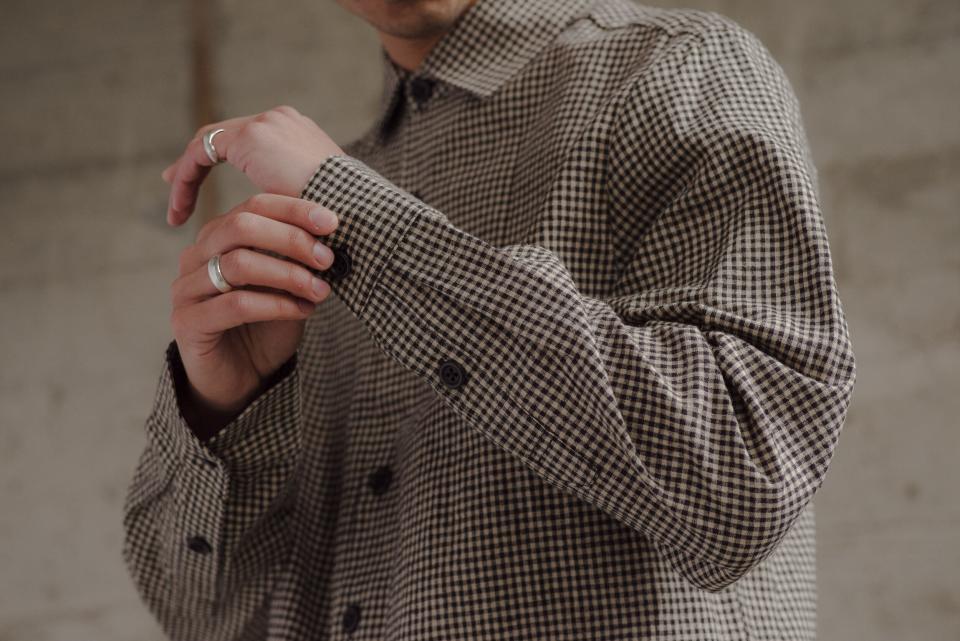
Kinori’s slow and peculiar method of brand building—cutting patterns and sewing samples himself, inspecting every stitch and button the factory sews—has earned him a highly loyal customer base around the world. A high percentage of those customers return season after season, release after release. Most of Kinori’s collection is made up of the same recurring patterns; his biggest fans return to buy their favorites in different fabrics again and again. And now, after five years, that loyal customer base isn’t so small anymore. “I try not to have expectations,” he says. “It’s just word of mouth. Every season more people come.”
Still, I wondered, this week went well, but the next round of production will have to begin soon. This situation must raise some big questions for small businesses like Kinori’s that don’t have any financial safety nets and function as the sole livelihood of their owners, as well as existential questions about the nature of making and selling goods in the first place.
“There’s nothing I can do,” Kinori told me. “If the brand explodes, then, wow, that was insane. The whole trip. It’s all been magical. I have nothing to be upset about. I’m more concerned about my family and not being able to go on a date for three weeks than my business. My design ethos is much more geared towards people not buying shit all the time.”
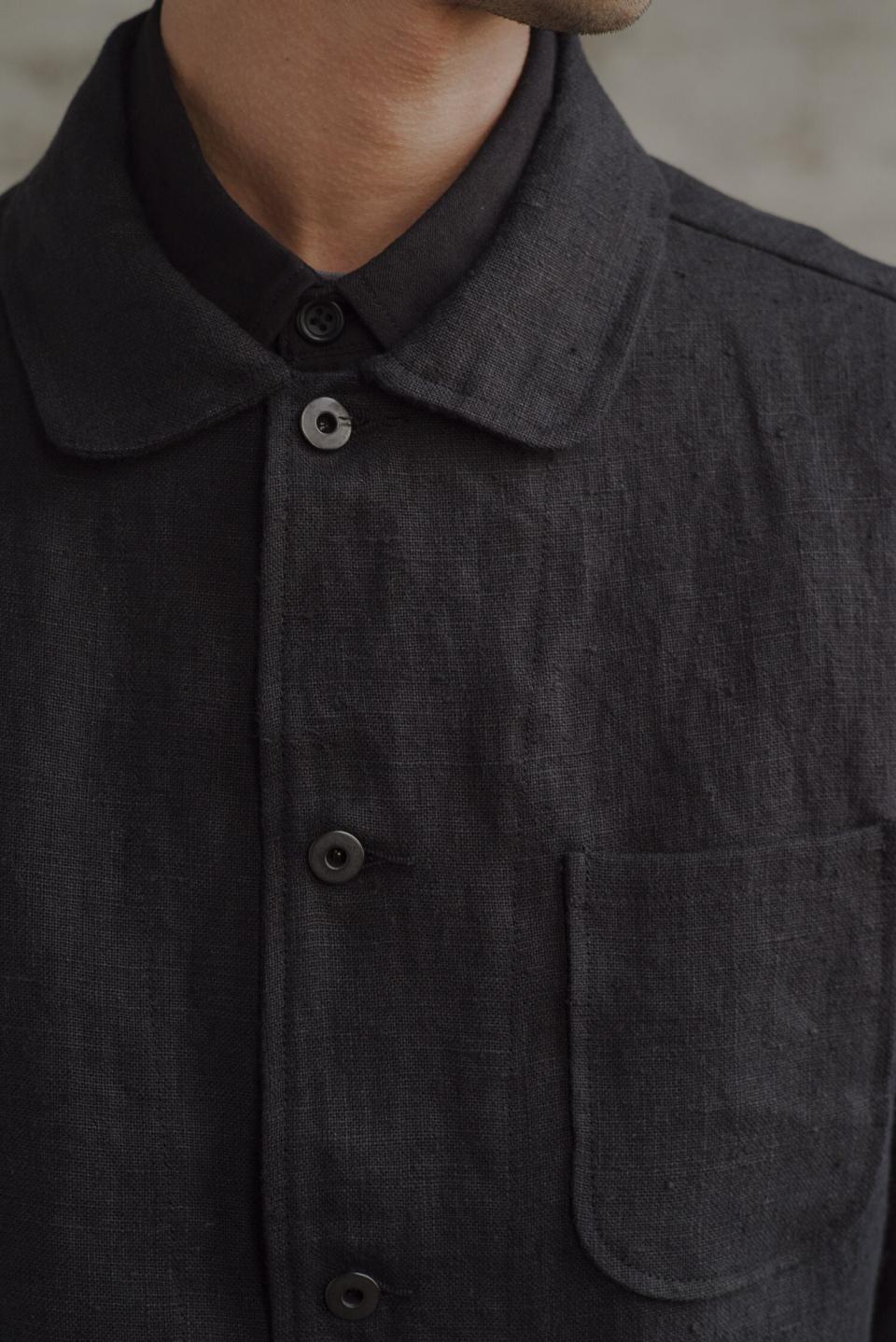

Of course, this is all happening in America’s first week of life under corona. And Kinori did take a hit by having to cancel all studio visits—opportunities for local customers to come into the studio to try stuff on and shop that often turn into big sales. But even those in distress are finding the right moment amidst the mayhem to log on and replenish their EK supply, Kinori says: “People are like, ‘I’m fleeing New York, can you ship to my Georgia address?’”
When we spoke he was in the process of replying to the mounting queue of emails he’d been ignoring for two days—like that one about fleeing to Georgia, but also stuff like, “Is this olive really olive?” Simultaneously he was packing up orders that he’d be hand-delivering around the city by bicycle (leaving them at the door, to be safe).
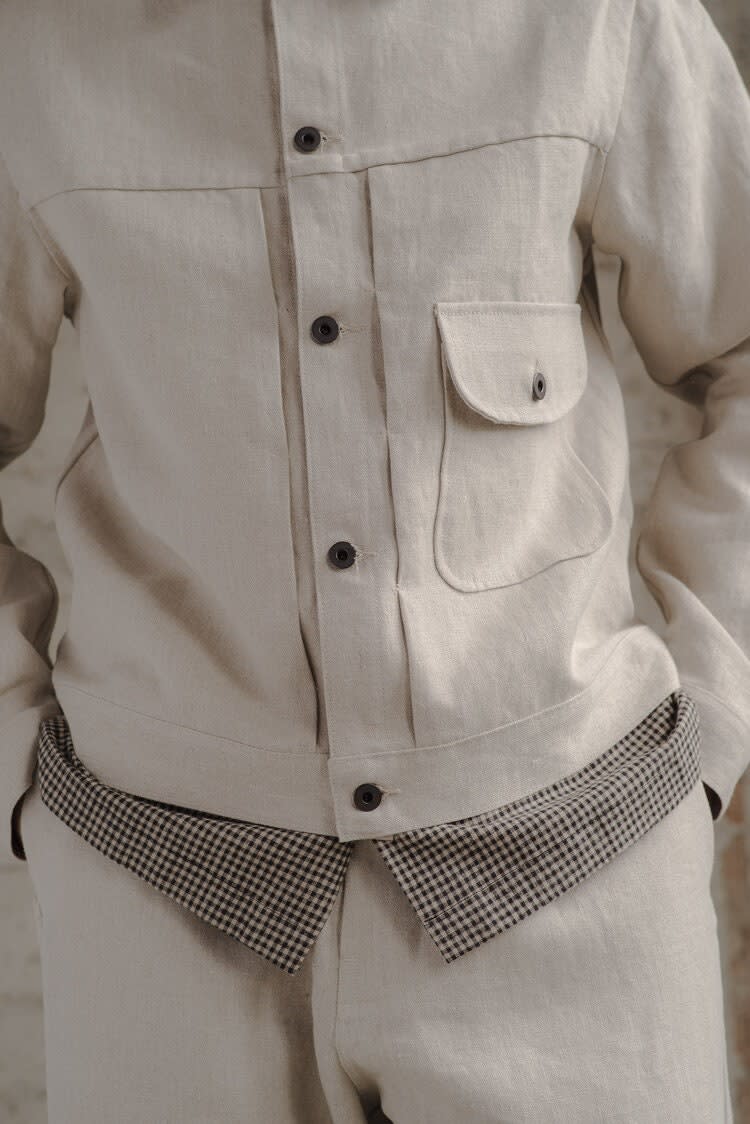
We ended our conversation on a cautiously optimistic note: “Will this force us to reevaluate our priorities?” Kinori wondered. That’s a sentiment that had been growing increasingly popular in fashion circles as the concepts of sustainability and ethical consumption gained momentum. That was before COVID-19. Whether or not consumers will reprogram for the future remains to be seen. But perhaps now is as good a time as any—if it’s within your means and you can support a business that you hope will still be around when we reach the other side of this thing—to buy something nice for yourself.
“You still want beauty,” Kinori says. “Even if you're staying indoors. It’s still a way to bring joy.”
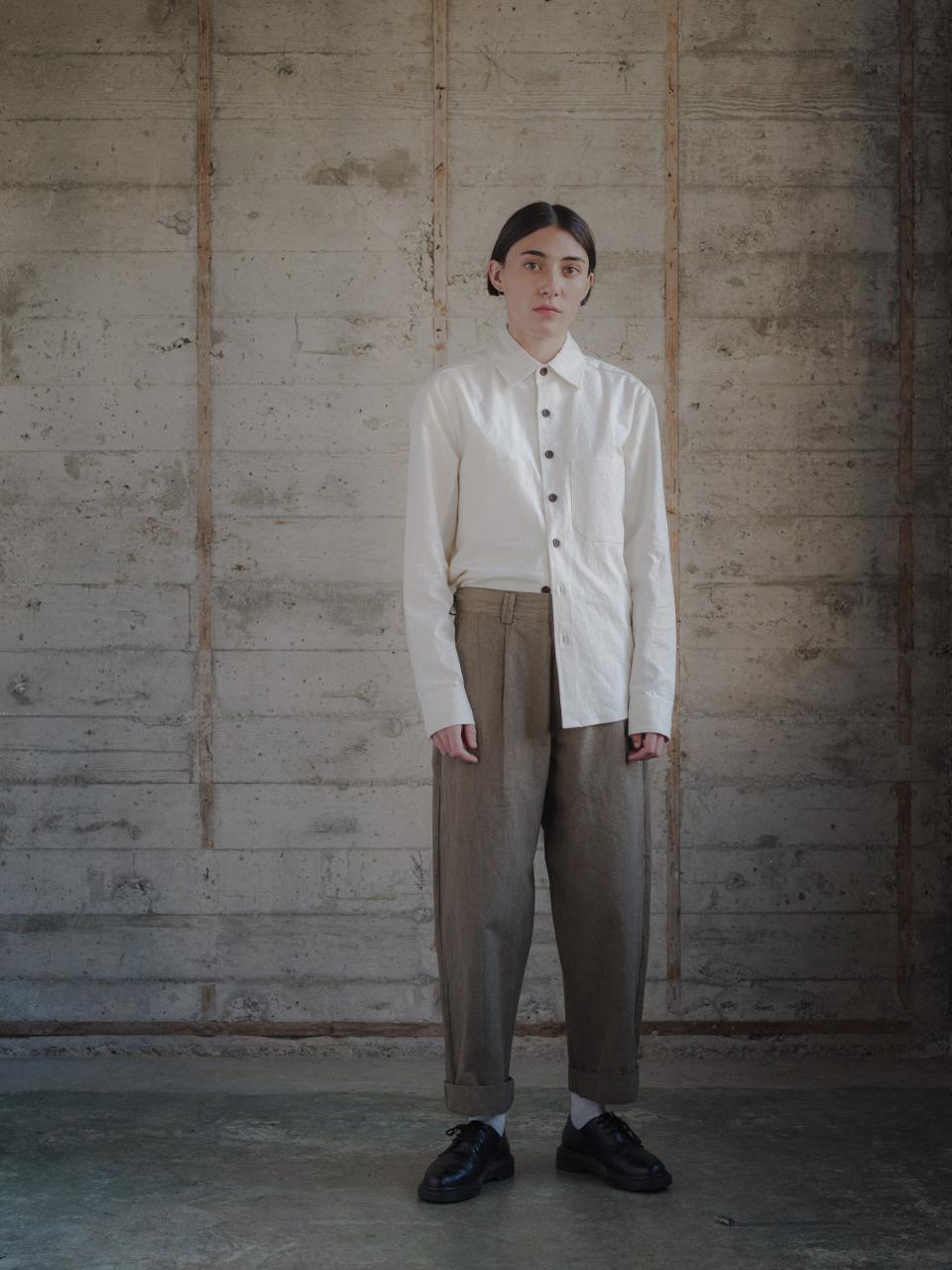
Originally Appeared on GQ

